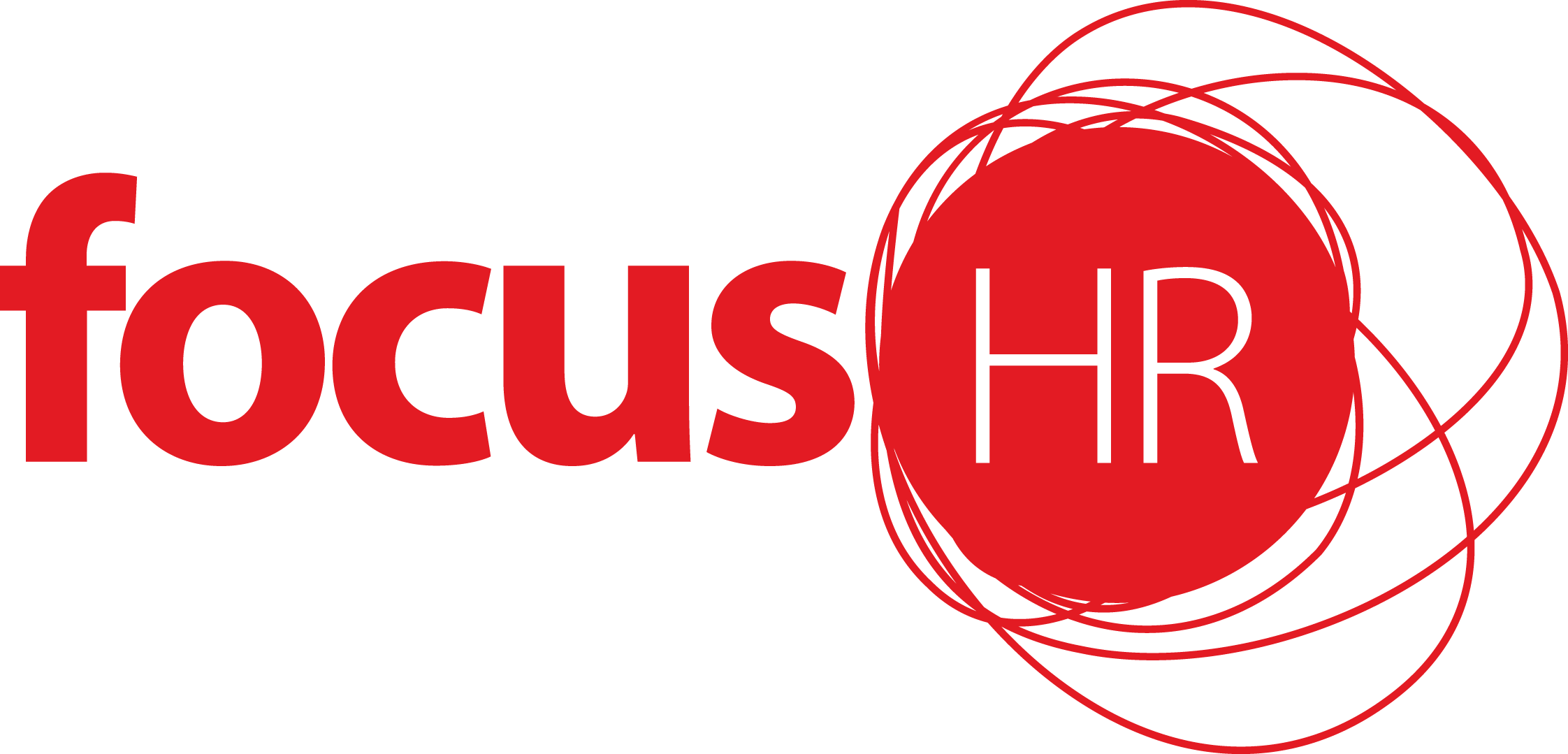– Naomi Wilson
The Fair Work Commission (FWC) announced the 2024 minimum wage review outcome on June 3, 2024. The decision included that:
-
This is a 3.75% increase to minimum award wages.
-
The national minimum wage will increase to $915.90 per week or $24.10 per hour.
-
These changes will take place from the first full pay period starting on or after July 1, 2024.
The FWC’s announcement provided interesting context around their decision. You can view the full decision here; or watch the replay of the hearing here.
To understand the impact of the FWC’s national minimum wage decision, it is relevant to know that only 20.7% (approximately 2.6 million people) of the workforce are paid in accordance with minimum wage rates in modern awards. That means it is only that percentage that are directly impacted by the decision. This cohort are mostly female, part-time or casual and more likely to be lower paid. Because of the portion that are casual and part-time, employees on the minimum rates only make up 11% of the national wage bill.
FWCs brief is to make the decision on the national minimum wage, taking into account relative living standards, the needs of the low paid, workforce participation, performance and competitiveness of the national economy, and need for gender equality.
The FWC also took into account that employees will gain tax cuts in the new budget and 0.5% increase in the Superannuation Guarantee.
The RBA figures show an inflation rate of 3.6% over the financial year to March 2024, making the 3.75% increase marginally above this. In real terms, a 3.75% increase still leaves wages below what they were 5 years ago as the increases have not kept up with inflation over the years.
However, labour productivity is no higher than it was 4 years ago and productivity growth has only recently returned to a positive. This creates a downward pressure on any argument to increase the wage rates beyond the inflation rate. Essentially, this means that, while the wages have been increasing over the past 4 years, as well as inflation; the actual productivity that we are generating from our workforce is stagnant – so everyone is paying more for labour, and more for products & services but the amount actually being produced is not increasing. That is not a sustainable equation no matter which way you run the figures.
On the matter of ‘gender undervalue issues’, over the past 2 years, the gender pay gap has reduced from 13.8% to 12%. The outcome of the Gender Equity Research project, initiated by FWC last year, will be a review of modern awards and classifications applicable to early childhood education and care; disability home care works and other social & community services; dental assistants; medical technicians; psychologists; other health professionals; and pharmacists to address gender equity issues. This will commence shortly and is intended to be completed by the 24-25 minimum wage review.
So there are more changes to come, but hopefully a small reprieve until the next review.
Fair Work will release updated figures for each of the Modern Awards over the next few weeks. These updates may include increases in allowance amounts. So, while it is good to be prepared and budget for the increase recommend waiting until those Award-specific figures are released to avoid double handling and potential errors. We will let you know as soon as the Award specific rates are released.
The other recent change which links to this is the increase in penalties that the FWC can apply to organisations who are not compliant with their wages. The failure of a business in not paying their employees correctly can result in hefty financial fines (as high as $7,825,000) and, in some cases, criminal charges (up to 10 years imprisonment).
So, if you would like our assistance in checking your Award compliance, please reach out to us. We are scheduling in clients now for wage compliance checks so please reach out so we can get the ball rolling and have updated figures ready before your first full pay run post 1 July 2024.

